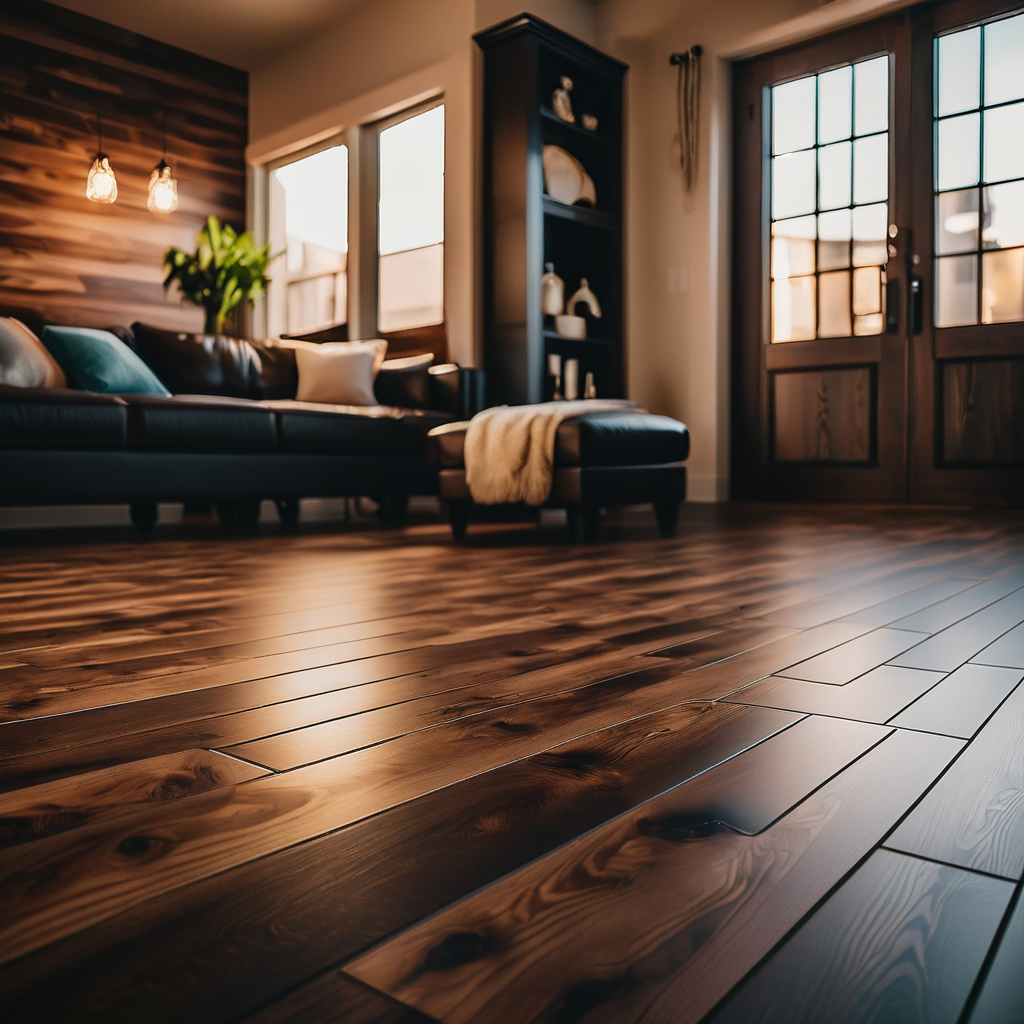
Luxury Vinyl Plank (LVP) flooring has gained significant popularity in the housing and commercial sectors due to its versatility, durability, and aesthetic appeal. As with any building material, understanding the advantages and disadvantages of LVP is crucial for homeowners, builders, and designers alike. This article delves into the pros and cons of LVP to help you make an informed decision.
Pros of Luxury Vinyl Plank Flooring
1. Versatility in Design: One of the most significant advantages of LVP is its wide range of designs and patterns. It can mimic the appearance of natural wood, stone, and other materials with remarkable accuracy, offering a high-end look without the high price tag.
2. Durability: LVP is known for its durability. It is resistant to scratches, dents, and stains, making it an ideal choice for high-traffic areas and households with pets or children. Its water-resistant properties also make it suitable for kitchens, bathrooms, and basements.
3. Easy Installation: The installation process of LVP is straightforward and can often be done by homeowners themselves. Most LVP comes with a click-lock design that allows the planks to be easily snapped together, requiring no glue or nails.
4. Comfort and Warmth: Compared to tile or stone flooring, LVP is softer underfoot, providing a more comfortable surface to walk on. It also tends to be warmer, making it a cozy option for cooler climates.
5. Maintenance and Cleaning: LVP flooring is low maintenance. Routine cleaning involves sweeping, vacuuming, or mopping with a damp cloth, and it does not require special cleaners or treatments.
Cons of Luxury Vinyl Plank Flooring
1. Susceptibility to Fading: Although durable in many aspects, LVP can be susceptible to fading if exposed to direct sunlight for prolonged periods. This can be a significant drawback for rooms with a lot of natural light.
2. Environmental Concerns: LVP is made from PVC (polyvinyl chloride), which raises concerns regarding environmental sustainability and indoor air quality. The production and disposal of PVC are not eco-friendly, and some consumers opt for more sustainable flooring options.
3. Hardness Over Time: While LVP is softer than tile or stone, it can still feel hard underfoot compared to carpet or cork flooring. Over time, this can become uncomfortable for some individuals, especially in areas where standing for long periods is common.
4. Potential for Damage from Heavy Objects: Despite its durability, LVP can be damaged by heavy furniture or appliances, leading to indentations or even cracks in the flooring. Using protective pads under furniture legs is recommended to mitigate this risk.
5. Limited Refinishing Options: Unlike hardwood floors that can be sanded and refinished several times, LVP does not offer the same level of refurbishment. Once worn or damaged, the planks usually need to be replaced, which can be costly and inconvenient.
In conclusion, Luxury Vinyl Plank flooring offers an excellent balance between aesthetics, durability, and cost-effectiveness, making it a compelling choice for many. However, weighing its environmental impact, potential for damage, and limitations in refinishing is essential before making a final decision. As with any material selection, aligning your priorities with the features and drawbacks of LVP will guide you towards the best flooring solution for your space.
Cedar Hill St. Louis Jefferson County Olivette Kirkwood Ballwin Arnold Franklin County St Charles County Fenton High Ridge Dittmer Creve Coeur
